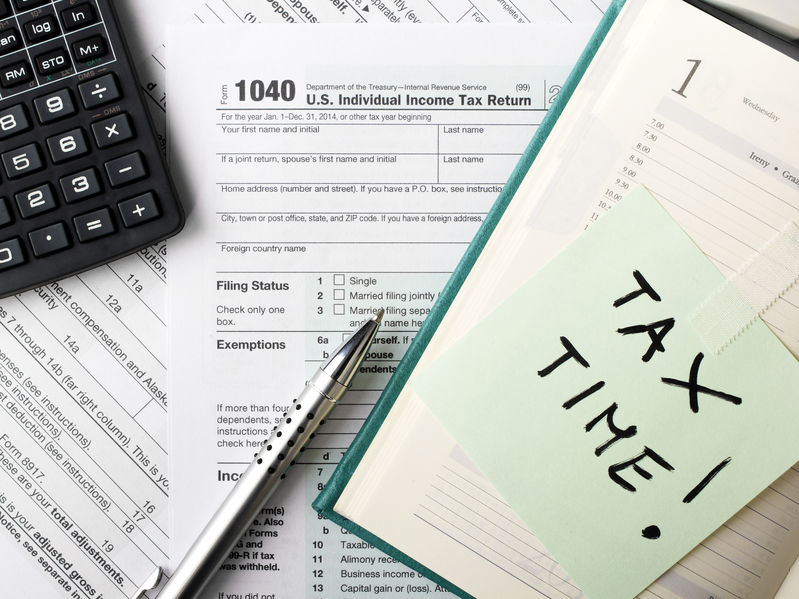5 Tips for Filing Your Taxes
It’s officially tax season! Maybe you’re in your Chattanooga assisted living community dreading your upcoming tax prep! It’s no secret everyone likes to find ways to save money on their taxes or maximize the return received, and seniors are no exception. If you are age 50 or older, we have a some tips that could potentially help with tax breaks for seniors. We hope you’ll find the information useful.
Tip 1) Higher Standard Deduction for Seniors
If you and/or your spouse are age 65 or up, and you don’t itemize your tax deductions, you can get a higher deduction amount when you file your taxes. There is also an additional increase in standard deduction if either of you is blind.
Tip 2) Higher Filing Threshold for Seniors
Did you know this? Taxpayers 65 and older can earn an income of $1,600 more, or $2,600 if married, filing jointly, and both parties are 65 or older, before they need to file a tax return. So what that means is that older taxpayers with an income of $13,600 or less ($26,600 if married and filing jointly), may not even need to file an income tax return.
Tip 3) Increase in Retirement Account Limits
Once you hit age 50, you become eligible to contribute up to $24,500 to a retirement account and defer paying tax on that money. Talk about a great way to save while also making fiscal decisions with an inherent tax benefit!
Tip 4) Tax Credit for the Elderly or Disabled
At ages 65 and up, if you are totally or permanently disabled, you may be eligible for the Credit for the Elderly or Disabled, which is based on age, income, and filing status. In order to get the credit, you must meet the following requirements:
Your income on Form 1040, line 38 is less than $17,500 if single, $20,000 if married and filing jointly with one qualifying spouse, or $25,000 if married, filing jointly with both parties qualifying.
AND
Your non-taxable Social Security or other pensions or disability payments are less than $5,000 (if filing as head of household OR married and filing jointly with one qualifying party), $7,500 if married, filing jointly, and both parties qualify, or $3,750 if you’re married, filing separately, and lived apart for the entire year.
Tip 5) No Fees for Early Withdrawal
When you reach the age of 59.5, you will not be penalized if you withdraw money from your IRA account. Before 59 and a half, you are required to pay a 10% fee when you make a withdrawal. Also, if you happen to leave a job or if your employment is terminated and you’re age 55 or above, you may also withdraw money from your 401(k) without having to suffer any fines. That said, you will have to pay tax on that additional income.
It’s our hope that you find these tips helpful, no matter what your financial situation may be. Tax prep for seniors doesn’t have to be an intimidating thing, and there are ways to ensure you get the highest possible benefit when you file your tax return.

